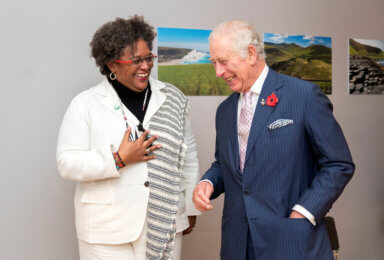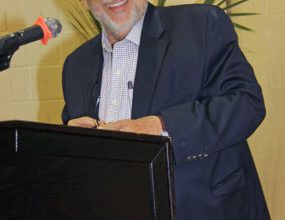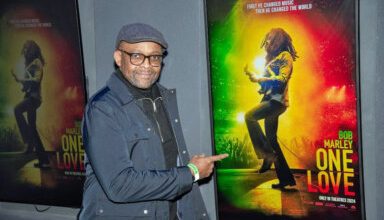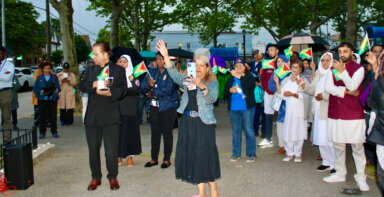FIGHT FOR REDRESS

At various times in recent years, critics had worried about the relatively low profile of the Caribbean reparations movement, wondering if it had gone moribund but a flurry of activity across the region in the past eight weeks has clearly renewed faith in the process.
The first signs of a renewed commitment to up the ante on former European slave trading nations emerged as Britain was preparing to send Prince William and his wife, Kate, to the Caribbean on a so-called royal charm tour of three northern CARICOM countries-Belize, Jamaica and The Bahamas.
The touring party was bombarded with calls for Britain to pay reparations to the survivors of the brutal slave trade and to also apologize for the UK’s role, its contemptuous decision to compensate slave owners-not survivors-for their loss and for the paltry level off assistance London offered to Caribbean nations at independence.
Add to that, calls by regional leaders including Prime Minister Mia Mottley of Barbados and Prime Minister Keith Rowley of Trinidad, agitation and protests from a slew of non-governmental organizations and a clear picture is beginning to emerge as to where the fight for compensation is headed.
As the Prince William and his delegation resettled in London and having reviewed a tour that clearly went wrong, Caribbean leaders are now preparing to dispatch a demand letter to European capitals requesting formal talks on the issue.
The matter was discussed at last month’s mid-year heads of government conference in Belize where the group decided to draft the missive to Europe, the second such in the past seven years. As PM of Barbados, the island has the lead responsibility for reparations. In the draft, Mottley complains bitterly about London’s contempt for survivors and the sloth of Europe to engage the region.
“The countries in the Caribbean region were subjected to generations of resource-extraction and dehumanization of their people in order to fund the economic growth of European countries which colonized those nations. We had no development compact given to us at the point of independence, but there was a compensatory package for those who were slave owners, and there was a further package for the apprenticeship system,” she said.
She argued that Britain deliberately ignored the victims of the brutal slave trade and had set about finding about Sterling 47 million pounds way back at the time of abolition, to pay slave owners.
“Fast forward now, 130 years to Jamaica becoming independent, Trinidad, Guyana, Barbados and we go down the line. None of us were given a development compact. We had to start providing for our people without the benefit of any sort of development funding. We had to deal with lack of housing, educational opportunities, and healthcare facilities, and we had to do this in spite of the fact that substantial wealth was extracted from our countries for centuries.”
This week, Assistant CARICOM Secretary General, Douglas Slater said the “draft is still being worked on and that is the only update that we have as work is still being done on it. I can’t say when it will be completed,” he said of the document that is being circulated among member nations for input.
As the groundswell for reparations continues unabated, Jamaican government parliamentarian Mike Henry said that a team of regional and London-based attorneys have joined forces to sue Britain in courts to make the UK comply with regional demands.
The team is preparing to act because many in the 15-nation bloc seem to believe that not enough is being done to force the hand of former slave traders.
“I have given them the case, which is being done pro bono by a select team of lawyers, including UK lawyers, for the attorney general to take it to the Jamaica cabinet for approval. If they are going to take two years more then I must assume that they don’t want it, and I am about to take a decision to go public in order to get it done,” the Observer newspaper quoted Henry as saying.
The region has also asked for a summit with Europe and recently amended tactics to also link up with the African Union (AU).





